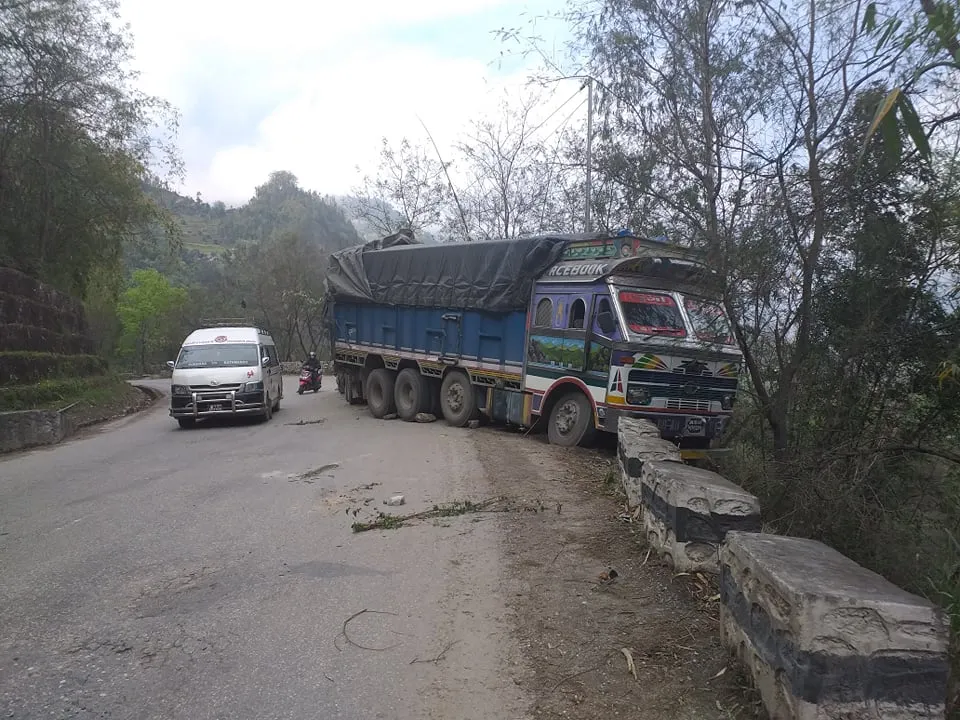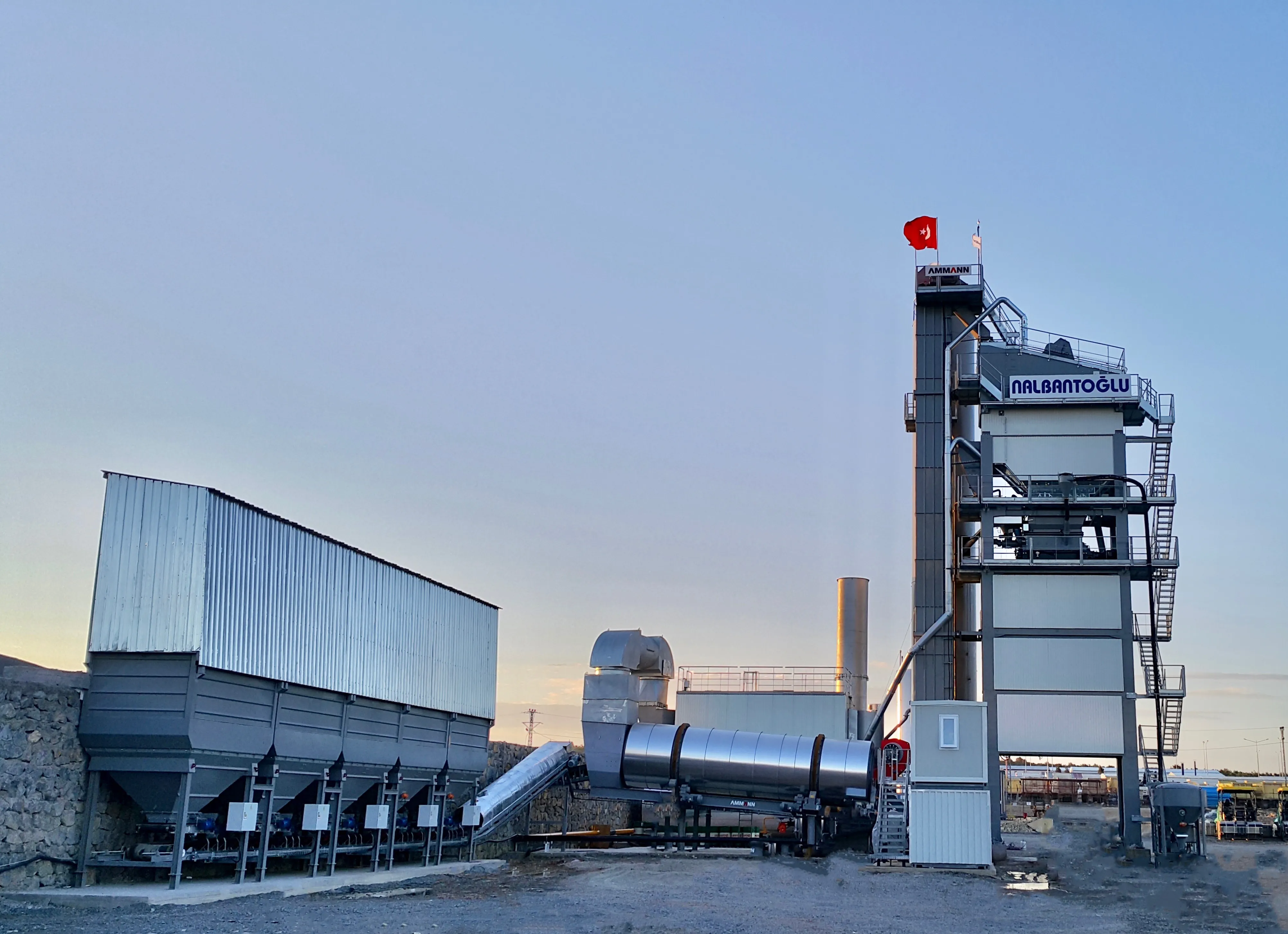The tender process is opening in Bosnia for a key tunnel project. The new Racin to Ivan Tunnel section will form part of the important Corridor 5C route. Financing for the project is being provided by the European Investment Bank (EIB). The work is expected to cost €50 million and the project will be managed by Bosnia’s state-owned road business, Autoceste FbiH.
July 18, 2019
Read time: 1 min
The tender process is opening in Bosnia for a key tunnel project. The new Racin to Ivan Tunnel section will form part of the important Corridor 5C route. Financing for the project is being provided by the European Investment Bank (EIB). The work is expected to cost €50 million and the project will be managed by Bosnia’s state-owned road business, Autoceste FbiH.







